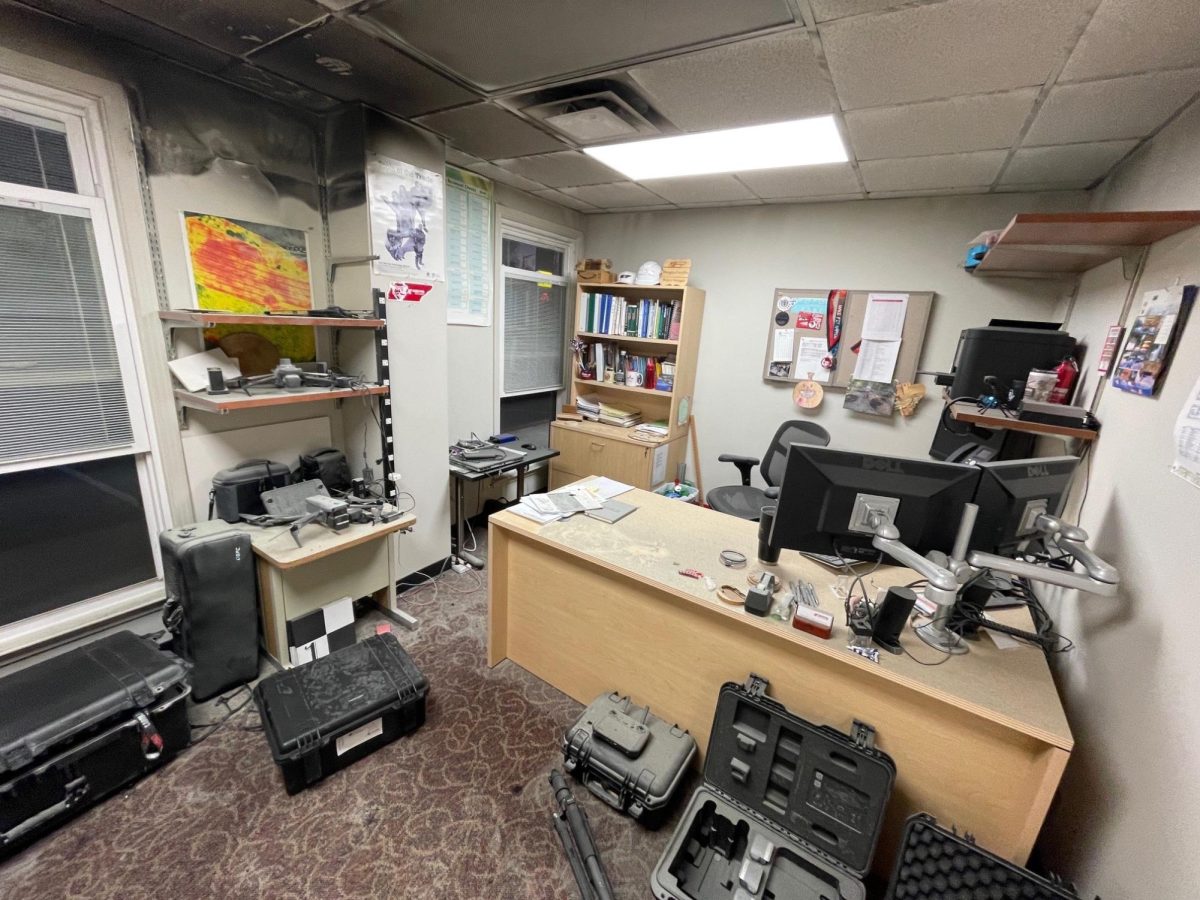
»Brittany Hickey
Three hundred of Hemlock Semiconductor’s 400 employees will lose their jobs due to layoffs announced Jan. 14. Hemlock produces polysilicon which is used in the manufacturing of solar panels and brought a slew of job opportunities to town with it.
The company broke ground on its Clarksville location in 2009 and was set to begin production in 2012 but, according to a news release from the company, trade disputes between the U.S. and China – the largest market for polysilicon – have hurt the sales of their product.
In addition to the threat of high tariffs in China, the industry has seen a large overproduction of polysilicon. Due to the decreased demand, Hemlock has decided to delay starting production until polysilicon prices stabilize.
The layoffs will take effect in the next few weeks and in the news release, a representative of the company said, “Should market conditions persist, these layoffs could become permanent.”
A bare minimum staff will stay on to keep the site in good condition until Hemlock can begin production.
The new Hemlock Semiconductor building, built with grant money from HSC, at the corner of 8th St. and College St. houses the Chemical Engineering Technology (ChET) program.
The building’s namesake donated $2 million for laboratory equipment, which APSU Executive Director for Public Relations & Marketing Bill Persinger says is more than enough to name a building after.
Persinger is clear that the program is in no danger due to the layoffs at Hemlock, despite confusion stemming from the building’s name.
“The program is not designed specifically for Hemlock,” Persinger said. “It’s like any degree you would get here at the university; it qualifies you for certain things.”
According to Persinger, more than two-thirds of the CHeT graduates have been employed by companies other than Hemlock Semiconductor.
The majority of the graduates stay in the middle Tennessee area, but students have gone as far as California, Kansas and Ohio at companies such as Tennessee Valley Authority and Nissan.
“We don’t even teach them how to make polysilicon in our program;” Persinger explained. “They just learn general chemical processes, techniques and other things. It’s broad-based.”
Despite the large amount of opportunities available to graduates, many chose to stay in Clarksville and were offered jobs at Hemlock.
Persinger said that he could not speak to how those who are already employed there are affected, except that they were taught the basic skill set for a wide variety of chemical processes.
The program is still young, so even the oldest graduates are not far-removed from their education.
The significant layoffs will affect many Clarksville residents, but Persinger reminds students that the CHeT program will continue to move forward regardless.
“We are not directly tied, and Hemlock would not want us to be directly tied to them and live or die dependent on their company,” he said.













